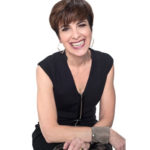 What Leaders Can Achieve by Exercising Curiosity and Teaching it to Others
What Leaders Can Achieve by Exercising Curiosity and Teaching it to Others
Summary & Ideas for Action
Co-hosts Jan Rutherford and Jim Vaselopulos interview Becki Saltzman. Becki is a curiosity expert and an applied-curiosity trainer and consultant. In this interview, Jim, Jan and Becki discuss the nature of curiosity training vis-a-vis your curiosity muscle. Becki points out that asking additional questions is better than getting quick answers to obvious questions. Leaders can encourage innovation by fostering a culture of curiosity in their organization.
Listen in to learn more about how peak curiosity can clarify your vision and guide decisions.
[4:03] Becki notes that you can control whether you are interested, more than whether you are interesting. If you are not interested in people, you don’t know about them, so you don’t know what will make you interesting to them. Curiosity can lead you to find uncommon commonalities with them.
[4:50] Becki was raised by auctioneers, and attended hundreds of auctions, where she found a variety of people and objects to stimulate her curiosity. In graduate school she realized that curiosity was relegated to an ingredient in the greater studies of innovation and creativity. She chose to study it in its own right.
[7:14] Becki tells leaders that curiosity is a muscle, to be exercised before judgment, criticism, fear, and complacency. Because it is a tool, peak curiosity is to be used in some, but not all, situations.
[11:55] Becki talks about managing familiarity and heightening curiosity in a business setting, and also in a personal setting. When her son was hospitalized, instead of just accepting a nurse’s statement about a test, Becki engaged her curiosity to ask a critical question that made a big difference.
[15:25] Becki distinguishes the difference between free-range, basic curiosity vs. applied curiosity. Applied curiosity training concentrates on using curiosity as a tool in three areas: busting cognitive biases and brain bugs, creative problem-solving and innovation, and sales and influence.
[17:26] George Loewenstein identified the information gap between what you want to know, and what you do know. Becki found gaps between what you do know and what you need to know, and between what you want to know and what you need to know. Thinking, before you whip out a cell phone to search, is enough to keep the curiosity gap alive. Easy information can make us think we know enough.
[29:39] Elevating curiosity ahead of criticism, judgment, fear, and complacency is often enough to question why you make the decisions you make. Elevating curiosity makes your judgment more accurate.
[31:59] Becki starts curiosity training by identifying your curiosity archetype, or how you default to using curiosity. Each archetype has its own set of cognitive biases, fueled by assumptions. Once your biases are identified, you can evaluate whether to use them or not, in making decisions. Familiarity and expectations are the basis of assumptions.
[34:15] The minimum viable question in sales should be meaningful, unexpected, and not infused with any judgment. The reply is how you get your best information about the client or prospect. Becki’s MVQ is, “What did your childhood smell like?”
[39:26] Becki employs Richard Feynman’s learning technique of taking something very familiar, and manipulating your sense of familiarity about it, to bring yourself to peak curiosity.
How to contact Becki
Google: Join the Tribe of the Curious
“Focusing on being interested, vs interesting, gives you the tools to know what will make you interesting.”
“I’m happy to be able to elevate it — curiosity — as a discipline, in its own right.”
“Curiosity is a muscle, so it has to be flexed and used. Otherwise it atrophies and it’s not there for you when you need it.”
“You don’t need more hammers, anymore than you need more curiosity. You just need to know how to use it — when to use it.”
“Without curiosity, new answers will really cease to exist.”
“[Erroneous information] seems funny, until it prevents somebody from vaccinating their children.”
“Your assumptions are your windows on the world. Scrub them off every once in awhile, or the light won’t come in.” — Alan Alda
Bio
Becki Saltzman holds a masters degree in behavioral science from Washington University in St. Louis, and has spent the last two decades studying curiosity and the role it plays in innovation & creativity, problem solving and decision-making, sales, and adventure. She is the author of Living Curiously: How to Use Curiosity to Be Remarkable and Do Good Stuff, and Arousing the Buy Curious: Real Estate Pillow Talk for Patrons and Professionals. She is a trainer & consultant, professional speaker, and ex-real estate broker and fashion buyer. Becki is the founder of the Living Curiously Lifestyle and creator of Applied-Curiosity, Peak Curiosity, and the Living Curiously Method — frameworks and teaching programs for using curiosity to accomplish remarkable things in work, adventure, and life. She is the spawn of master persuader auctioneers and breeder of boys. When she’s not traveling to speak about curiosity, Becki lives in Portland, Oregon with her husband. She loves great travel adventures, crowded dance floors, and brown drinks.
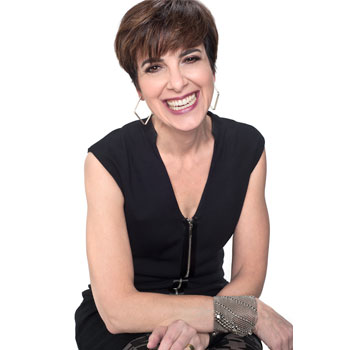
These are the books referenced during our podcast with Becki

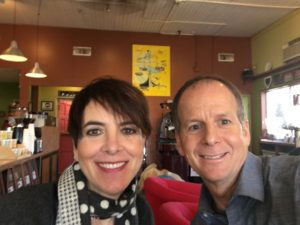

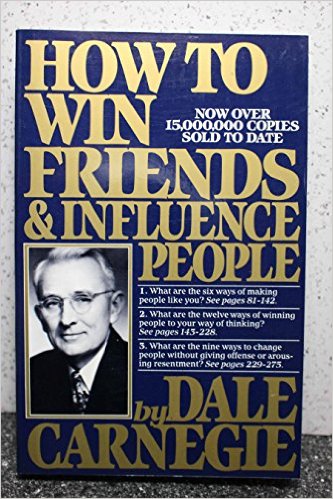

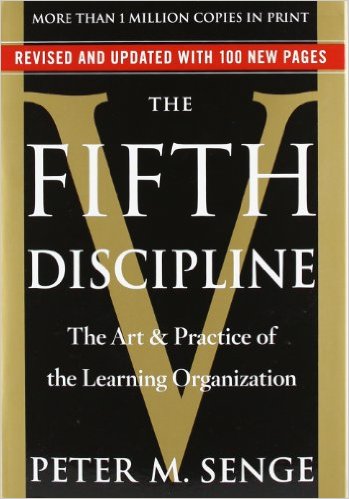
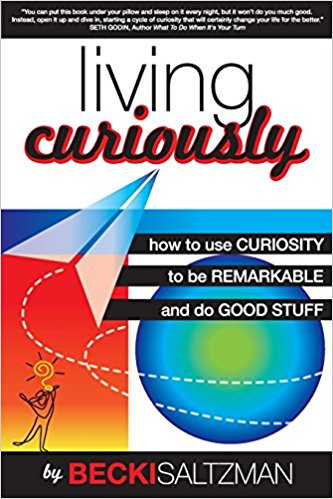
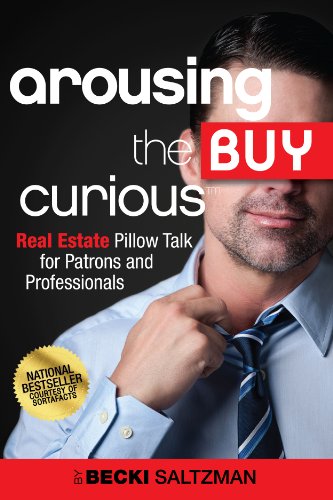
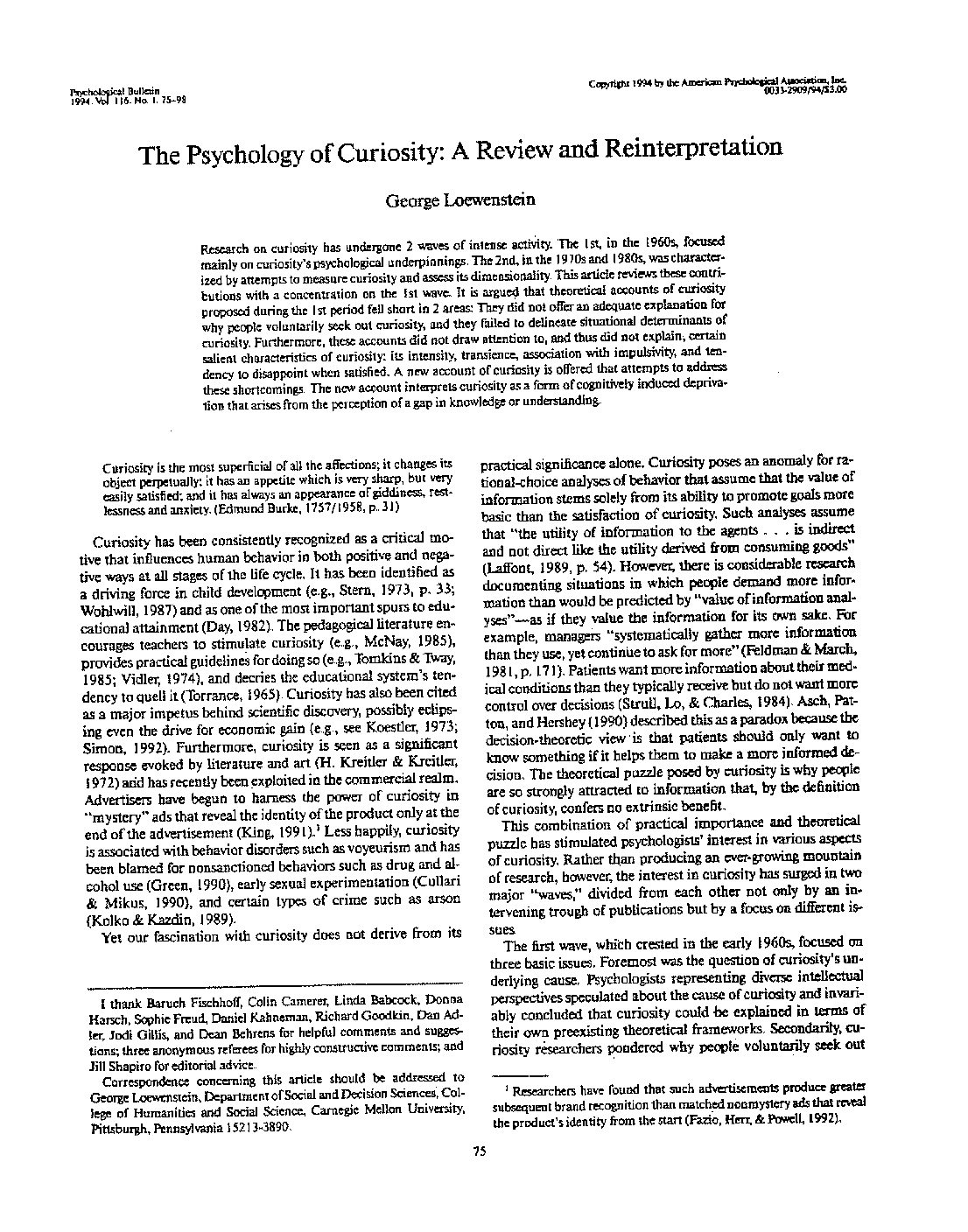
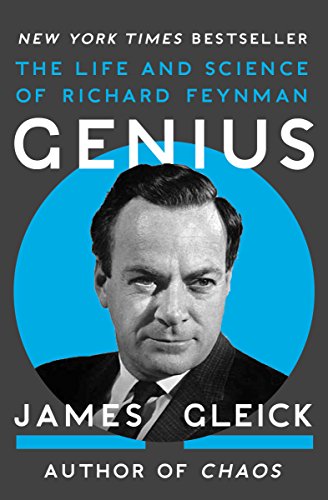
The podcast increased my curiosity- Great view points to use in both my personal and professional life. Thank You
Thank you for this podcast. I was challenged by it, in a good way. A friend recently said, and I think it applies here that when someone pushes your buttons they usually have something more to teach you.
I see the value in elevating curiousity on all the fronts mentioned in the podcast. I’d like to add some friendly observations and questions too.
I have trauma around questions so they’re a trigger for me. Answering a question in the wrong way, in another country could have ended my life, or caused an unprovoked attack, or sent me to prison. Surely at times, there’s a balance between building a relationship over time, and getting the questions answered ?
US culture tends to elevate performance, people pleasing and political correctness so when I meet someone here who is authentically themselves, I find it incredibly refreshing. I can see how this morphing technique works well in an interview but In inter-personal relationships, isn’t quizzing someone to find out what interests them, and then morphing oneself into that shape, inauthentic ?
In America I’ve been told (by friends) that they are taught that asking others questions is a sign of politeness. So there is an entitlement around, if I ask a question, it deserves to be answered. This is not the case in all cultures so the standard of general curiousity here is already quite high, and I would go so far as to say I often find it aggressive, and culturally insensitive. It’s also emotionally draining if I don’t know the person well.
Often people will ask a question and not know how to handle the answer. Elevated curiousity does not mean elevated maturity or respect to handle the answer well.
I’m asked questions about Ireland everyday in the USA. I have a 31 year history going back and forth and I often ask myself, if people are really that interested in Ireland, why haven’t they gone already ?
Differentiating between the “silly pat list of questions” (my therapist’s terminology) and genuine interest is a skill in itself.
Does a curiousity expert apply a different set of principles or techniques to people groups who have experienced complex trauma ?
My experience of asking basic ethical questions in Corporate America (my last two jobs only) has lead to bad outcomes. I experience this as controlling as opposed to promoting a learning environment.
Thank you for accommodating my curiousity and observations. Keep up the great work !!